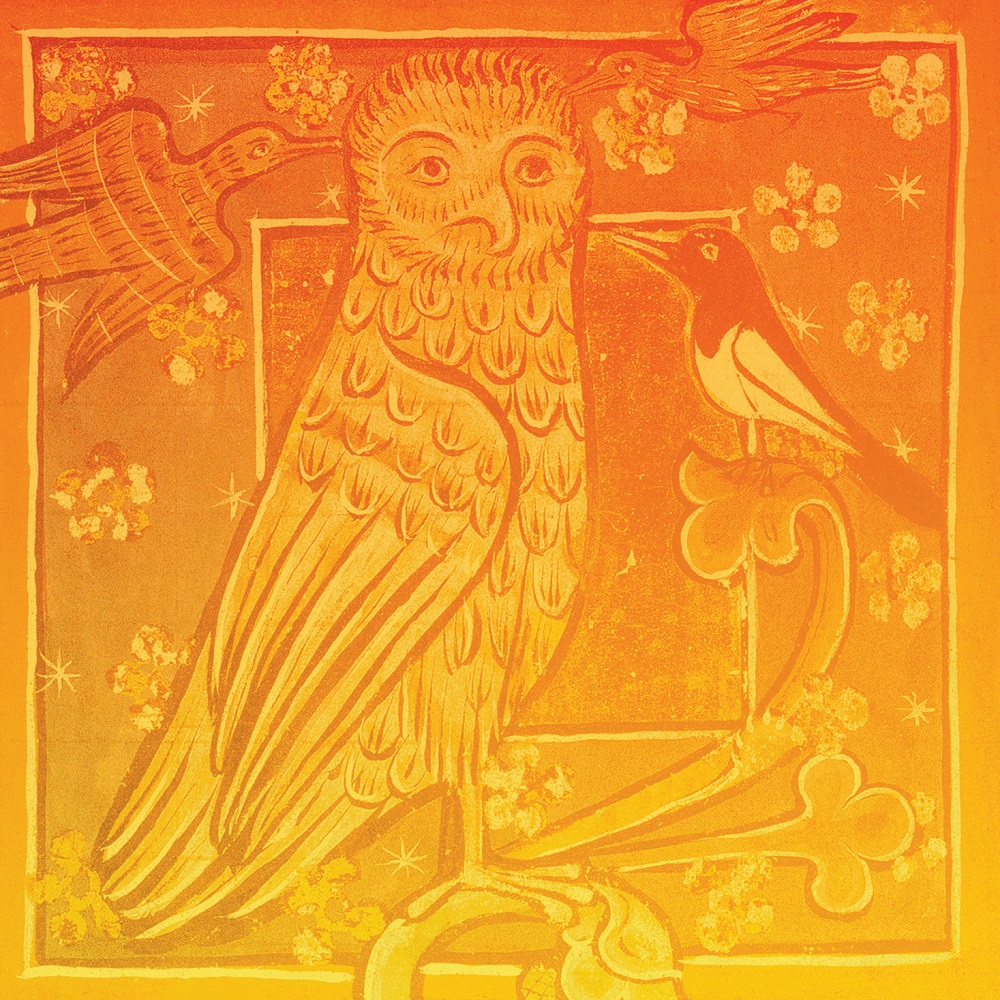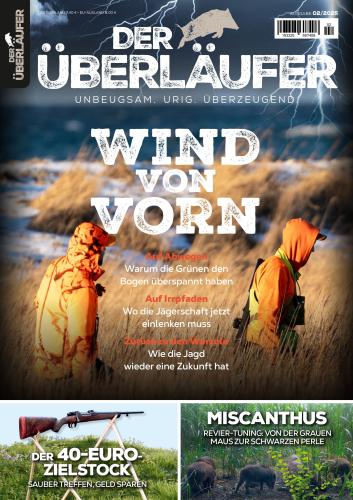
Insub Meta Orchestra & Marcus Granberg – Als alle Vögel sangen mein Sehnen und Verlangen (2019)
FLAC (tracks) 24 bit/44,1 kHz | Time – 43:43 minutes | 426 MB | Genre: Classical
Studio Masters, Official Digital Download | Front Cover | © INSUB.
The fact that the commissioned composers are none other than Michael Pisaro and Magnus Granberg speaks volumes about the high esteem in which IMO is held… This album is not Marcus Granberg’s first outing on Insub; his impressive 2017 album Nattens Skogar (Version For Four Players), in the company of Cyril Bondi, d’incise and the Swedish violinist Anna Lindal, had that distinction and forged links which led to this IMO album.
Granberg’s compositions are habitually inspired by past compositions by others, although never in ways obvious enough for him to be accused of borrowing. The title of Als alle Vogel sangen mein Sehnen und Verlangen (“As all the birds sang my longing and desire”) may be a clue to the source material here, as it is a quote from “Im wunderschönen Monat Mai” (“In the beautiful month of May”) the first song in Robert Schumann’s song cycle “Dichterliebe,” (“A Poet’s Love”). Whether or not that is the case, the piece is characteristically Granberg, having his flair for melody and a loose, relaxed delivery. Despite having a large ensemble at his disposal, Granberg has noticeably not overcrowded the piece, instead having deployed the variety of instrumental sounds within IMO to keep the soundscape fresh and interesting as well as uncluttered.
Anyone already under the spell of Granberg, thanks to his Another Timbre recordings with his ensemble Skogen, will relish this IMO recording as it shares many of their strengths.
John Eyles / All about jazz
I characterized Magnus Grandberg’s sound world as “unemphatic.” The same applies here, and the accomplishment of that effect is in direct inverse to the size of the ensemble playing this album-length piece. For this performance, the Insub Meta Orchestra numbers 27 musicians, but it rarely sounds like more than four or five of them are playing at any time. The ensemble is well equipped to represent whatever Granberg suggests. In addition to conventional orchestra instrumentation, you’ll find antique instruments such as spinet, traverso and viola da gamba, as well as newcomers like the analog synthesizer and laptop computer. Granberg selects discerningly from centuries of compositional and performative approaches. The piece’s title, which translates to “When all the birds sang my longing and desire,” tips the hat to Schubert, but the way that timbres offset one another shows a working knowledge with contemporary free improvisation. It takes restraint on the part of the players as well as the composer to make a group this big sound so small in contrast to the silence that contains its music.
Bill Meyer / Dusted
These two long commissions highlight the considerable aesthetic space that’s still available within the narrow ambit of minimalist, indeterminate music. Michael Pisaro is a longtime Wandelweiser member, and while the collective’s label has released work by Bondi and d’incise in recent years, I’m not sure they’ve directly engaged with Pisaro’s music before now. Magnus Granberg has an established working relationship with the pair, and all three have performed each others’ work across several releases on labels like Insub, Another Timbre, and Edition Wandelweiser.
The Pisaro piece shuffles awake with almost incidental sounds, the 28-strong Insub Meta Orchestra trying their best to sound a fraction of their size. As the piece approaches its second half, some more-or-less conventional orchestral swells appear, which gradually splinter into shimmering spectral shards as the music becomes more dense and ominous. It’s tempting to try to chase down the significance of the names in the title or the relationship between this piece and “The Poem of Names” (the third movement of 2018’s Shades of Eternal Night), but I suspect these are fool’s errands. Knowledge of the process doesn’t necessarily elucidate Pisaro’s work; how much of this is a result of specific instruction or improvisation spurred by broad compositional suggestions changes little for the listener. I get the sense that the genesis of much of Pisaro’s music lies in the tension between arranging some deeply private elements with others meant to invite interpretation. Still, it’s not hard to hear in those opening moments the same weather captured in the field recordings from Syros that were used in last year’s piece: gusts of wind, or the surf rolling onto the shoreline. As with past engagements with Pisaro’s work, I’m always compelled to listen, but often leave feeling there’s an unbridged gap. There’s something inscrutable in his music that I’m desperate—and always feel I’m failing—to understand.
In contrast, the Granberg commission felt easier to engage with and ultimately to digest. It’s often quite beautiful music, but didn’t lodge in my mind the way Pisaro’s does. The instruments are more individuated in Granberg’s piece, which is moody but also brightly highlights the variety within the ensemble. Diffuse shapes and hues phase in and out as activity is passed between subsets of musicians. The silences and gaps serve a structural, framing function, implying a ghostly pulse that keeps a feeling of forward momentum. It’s a comfortable piece of music that can surprise in its fine details, but in marked contrast to Pisaro’s unsettled spaces, lacks the dangerous undercurrent of uncertainty. The Granberg is walking a forest path in the long rays of the late afternoon sun; the Pisaro is trying to make your way out in the dark as the rain sets in. Pisaro once said in an interview that he was “deeply challenged by the idea of silence,” which had “come to mean contingency” to him. How far to open that door to contingency is a question to which both of these commissions offer distinctive answers.
Tracklist:
1. Als alle Vögel sangen mein Sehnen und Verlangen (43:43)
Download:
mqs.link_InsubMeta0rchestraMarcusGranbergAlsalleVgelsangenmeinSehnenundVerlangen201924441.rar



















